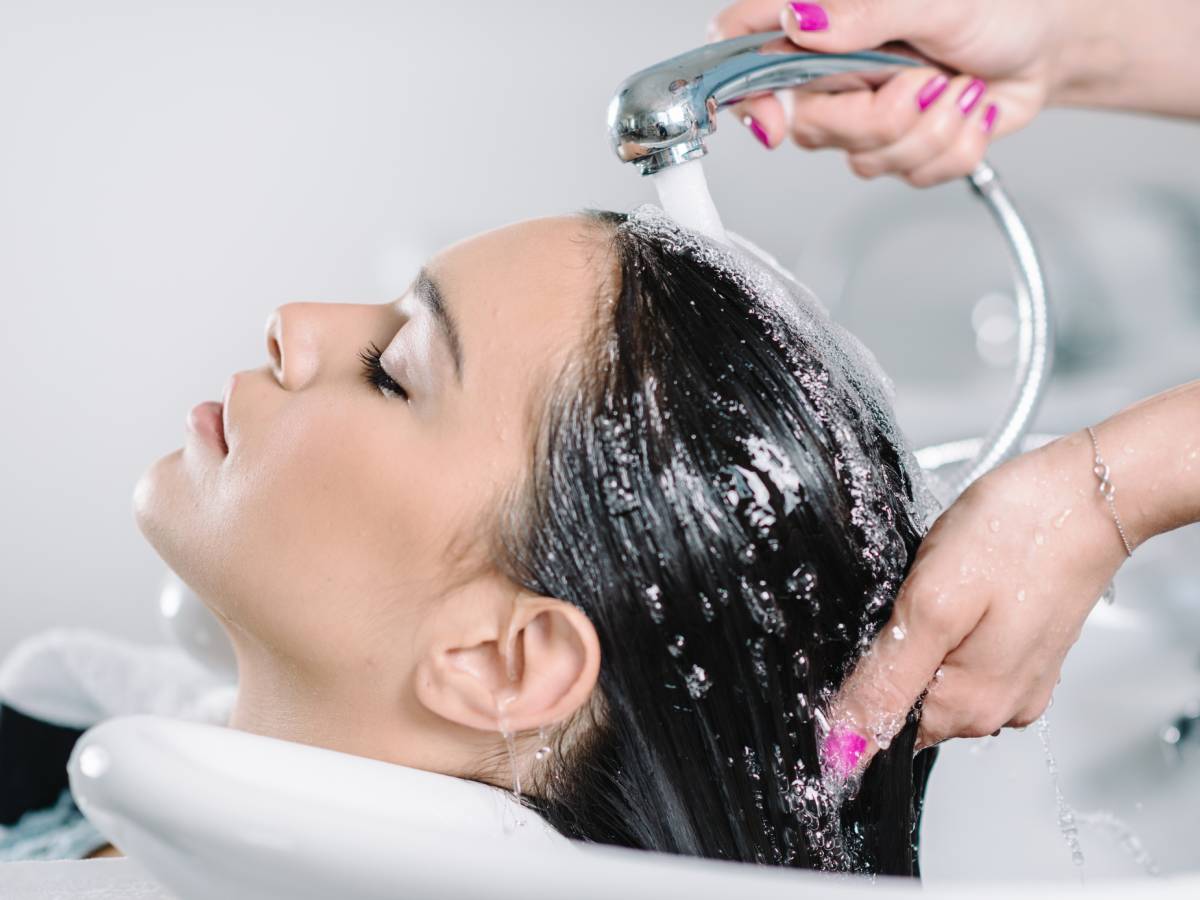Hair hygiene is a crucial aspect of personal care that not only affects the appearance and health of your hair but also impacts overall scalp health. Proper hair hygiene practices can prevent common hair and scalp issues such as dandruff, scalp infections, and hair loss. Here’s a comprehensive guide to maintaining optimal hair hygiene, ensuring your hair remains clean, healthy, and vibrant.
Understanding Hair Hygiene
Hair hygiene involves regular cleansing, conditioning, and proper maintenance to keep the hair and scalp clean and healthy. Good practices can help balance scalp oils, prevent microbial growth, and maintain hair strength and shine.
Essential Hair Hygiene Practices
- Regular Washing: Determine the frequency based on your hair type and activity level. Oily hair may require more frequent washing, while dry or curly hair might need less. Using a mild shampoo suited to your hair type can prevent stripping away natural oils.
- Conditioning: Apply conditioner after every wash to moisturize the hair, improve its texture, and reduce breakage. Focus on the mid-lengths and ends rather than the scalp to avoid greasiness.
- Scalp Care: Massaging the scalp during washing can promote circulation, contributing to healthier hair growth. Be gentle to avoid causing irritation or damage.
- Drying Gently: Avoid rubbing your hair vigorously with a towel. Instead, gently squeeze out excess water and let it air dry as much as possible. If using a hairdryer, opt for a low heat setting to prevent heat damage.
- Detangling: Use a wide-tooth comb or a detangling brush to gently remove tangles from wet or dry hair, starting from the ends and working your way up to avoid breakage.
- Regular Trimming: Trimming your hair every 6-8 weeks can prevent split ends and maintain its health and shape.
- Minimize Heat and Chemical Treatments: Frequent use of heat styling tools and undergoing chemical treatments can damage the hair. Limit their use and always apply a heat protectant before styling.
Tips for Healthy Hair Hygiene

- Choose the Right Products: Select shampoos, conditioners, and styling products that are appropriate for your hair type and free from harsh chemicals.
- Protect Your Hair: Wear a hat or use leave-in products with UV protection to protect your hair from sun damage, especially in summer.
- Healthy Diet: A balanced diet rich in vitamins, minerals, and proteins can support hair health from the inside out.
- Avoid Tight Hairstyles: Tight ponytails, braids, or buns can strain your hair follicles and lead to hair loss over time. Opt for looser styles to reduce tension on the scalp.
When to See a Professional
If you experience persistent issues such as excessive hair loss, severe dandruff, or scalp infections despite maintaining good hair hygiene, it’s crucial to consult with a dermatologist or a trichologist. They can diagnose underlying conditions and recommend appropriate treatments.
Maintaining hair hygiene is not just about keeping your hair clean; it’s about adopting practices that ensure the long-term health and vitality of your hair and scalp. By incorporating these tips into your routine, you can enjoy healthier, stronger, and more beautiful hair.



